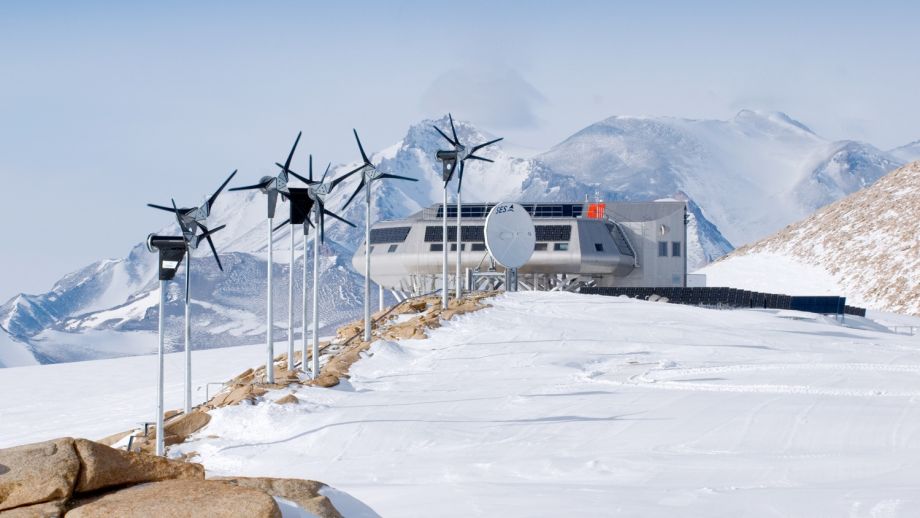Two-thirds of the staff currently based in the Princess Elisabeth Polar Station in Antarctica have been infected with Covid-19, even though very strict health measures were put in place.
Despite being located in one of the most remote places in the world, two-thirds of the station's total 25 staff members have been infected. No severe symptoms have been reported as of yet, the Belgian Polar Secretariat confirmed to Le Soir Mag.
"All those present have received two doses of vaccine, and one person has even received a booster shot," said Alain Hubert, the station's executive operator and head of security measures.
All staff members preparing to depart to the station had to undergo a PCR test in Belgium two hours before leaving for South Africa, take a PCR test five days after their arrival in Cape Town, where they also had to quarantine for ten days. Another test was required when leaving Cape Town for Antarctica and another PCR test had to be undergone five days after arrival.
Despite the strict measures, one positive case was detected on 14 December among a group of people who had arrived at the base seven days earlier, and although this person was immediately placed in isolation, tests revealed that two others had also contracted the virus.
All three people were evacuated on 23 December, but the virus continued to circulate. According to a virologist consulted by the Polar Secretariat, there is a high probability that the infection at the station is due to the Omicron variant, given that it accounts for 99% of the cases in South Africa, which would explain the rapid circulation.
Related News
- Antigen tests appear less sensitive to Omicron variant, US agency warns
- France steps up restrictions as Omicron cases surge
Two emergency doctors are on-site and the station has all the necessary equipment to treat the staff and carry out PCR tests. According to Hubert, all polar stations open in Antarctica are currently affected by the circulation of the virus within bases.
The Polar Secretariat's Strategic Council decided on Monday to keep the staff in the station but will forbid any new entry into the station before the cluster disappears and, at the very least, until 12 January, when two new expeditions are expected to arrive. The research season will also be shortened.

